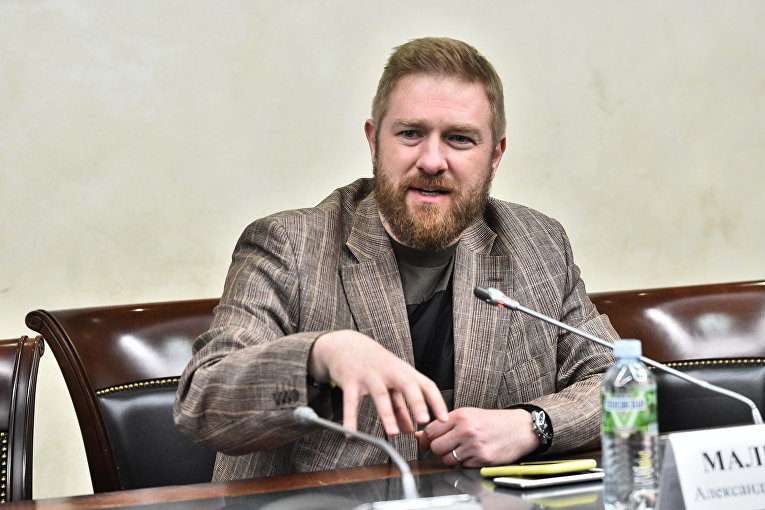MOSCOW, November 16 (RAPSI) – A Russian Civic Chamber expert has expressed his opinion about certain planned amendments to the national legislation aimed to tighten control over financing of nonprofit organizations from abroad.
Chair of Russia’s Civic Chamber Commission on Development of the Information Community Alexander Malkevich reminded that all these amendments had already been submitted to the Russian Justice Ministry.
The amendments were developed, it should be reminded, since a number of inconsistencies had been found out as concerns the current national legislation on foreign agents and the Western standards in this sphere the expert said. It is apparent that certain nonprofit organizations, among them those claiming themselves to be human rights advocates, but acting in the interests of foreign countries, after being given the status of foreign agents liquidated their organizations as legal persons and continued their operations as groups of physical persons, according to Malkevich.
The civic activist believes the respective Russian legislation is too mild as compared with the Western standards, for instance, the well-known U.S. FARA – Foreign Agents Registration Act; Russian laws fail to cover new forms of network-based organization of work of interest groups, the expert explained.
For instance, Malkevich said, similar to the U.S. legislation Russian laws need to include provisions permitting to apply the foreign agent status to physical persons engaged in political activities and receiving foreign aid in any form; citing his own experience and that of his colleague Maria Butina the expert explained that by the U.S. legislation physical persons proved to fail to declare their foreign agent status and use special markings are punishable by prison terms.
In Russia, the civic activist observes, additional limitations similar to those applicable to organizations given foreign agent status need to be introduced with respect to such persons, among them those restricting their possibilities to influence state decisions and, perhaps, bans on holding certain state posts.
According to the expert, the Russian Constitution prohibits a whole range of state officials to have bank accounts and properties in foreign jurisdictions; he finds it strange to permit at the same time persons receiving foreign financing to hold state posts.



